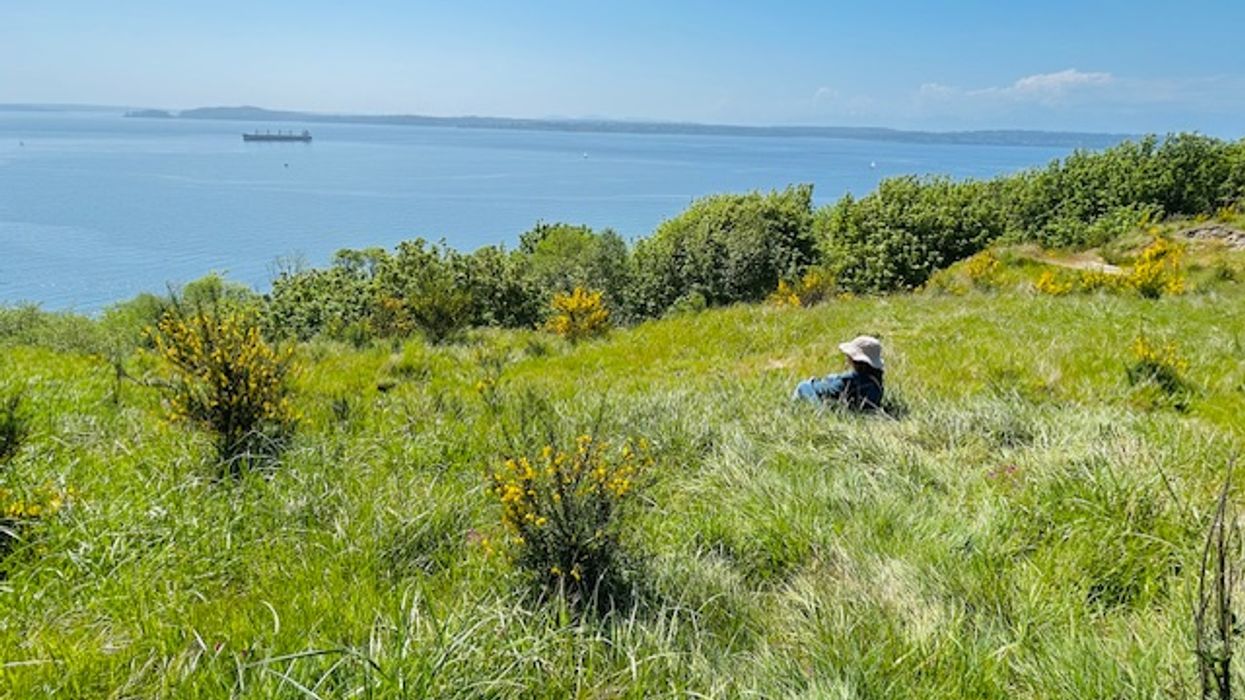Celebrated annually on June 5th, World Environment Day (WED) is a significant global event dedicated to promoting awareness and action for the protection of the planet's environment.
Established by the United Nations in 1974, this day serves as a platform for raising public awareness and inspiring positive change toward sustainable habits at individual, community, and governmental levels. The first World Environment Day focused on the theme "Only One Earth." This early initiative emphasized the importance of a collective response to environmental issues. Over the years, the event has evolved into one of the largest and most widely celebrated platforms for environmental outreach, with activities now taking place in more than 140 countries.
This year, WED joins the UN Environment Program-led #BeatPlasticPollution initiative to mobilize communities worldwide to implement and advocate for solutions.
Globally, an estimated 11 million tons of plastic waste leak into aquatic ecosystems each year, while microplastics accumulate in the soil from sewage and landfills, due to the use of plastics in agricultural products. Smart Water Magazine reports that the annual social and environmental cost of plastic pollution ranges between $300 billion and $600 billion.
- YouTubewww.youtube.com
World Environment Day is marked by a diverse range of activities that engage various sectors of society. Educational programs, tree planting ceremonies, public demonstrations, and social media campaigns are common methods of participation. Schools often organize workshops and projects that educate students about environmental conservation. Governments and organizations may announce new policies or initiatives aimed at reducing environmental impact.
Community involvement is crucial, and countless volunteers dedicate their time to clean-up drives, conservation projects, and awareness campaigns. The involvement of businesses in promoting sustainable practices also highlights the growing recognition of corporate responsibility in environmental stewardship.
Despite ongoing efforts, the world continues to face immense environmental challenges, including climate change, deforestation, and wildlife extinction. WED aims not only to raise awareness but also to motivate people to challenge themselves and others to take concrete actions towards sustainability.
Soon after returning to the White House, Donald Trump quickly eliminated environmental safeguards on more than half of the nation’s national forests, opening up 59% of the land for logging, including Washington.
An infrastructure project in Bellevue aimed at updating essential wastewater systems is designed to enhance habitats for fish and wildlife, while also increasing access to natural areas for people of all abilities.
The Coal Creek sewer upgrade was featured in the latest episode of The 50, a four-year multimedia project led by the Fulcrum.
- YouTubeyoutu.be
While World Environment Day serves as a focal point for global efforts, individual actions play a vital role in making a difference. Simple lifestyle changes—such as reducing waste, conserving water, using energy-efficient appliances, and supporting sustainable products—can collectively lead to significant progress. Encouraging others to adopt environmentally friendly practices also amplifies the impact.
As WED approaches, it serves as a reminder of our shared responsibility to protect the planet for future generations. By fostering a spirit of collaboration, encouraging innovation, and driving action, individuals and communities can collectively pave the way for a more sustainable future. Engaging in conversations about the environment, whether through events, educational programs, or personal initiatives, can empower and inspire action beyond just one day—making a lasting difference throughout the year.
Hugo Balta is the executive editor of the Fulcrum and a board member of the Bridge Alliance Education Fund, the parent organization of The Fulcrum. He is the publisher of the Latino News Network and an accredited Solutions Journalism and Complicating the Narratives trainer with the Solutions Journalism Network.




















